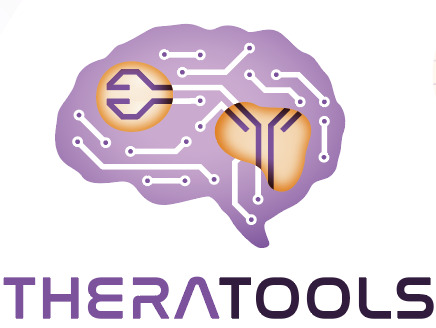Doctoral Candidates
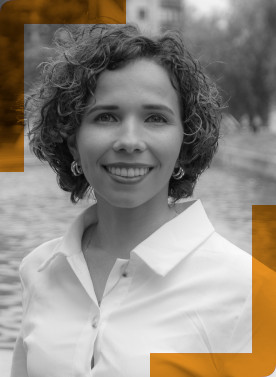
Jackeline Soto (DC1)
Nowadays, she is working on a Theratools project focused on developing a reproducible methodology to obtain protease-sensitive nanogels, encapsulate and release antibodies, after crossing the blood brain barrier, in the environment of glioblastoma cancer cells. This project is being carried out under the supervision of Prof. Marcelo Calderón (EHU/UPV, Spain) and Prof. Alejandro Sosnik (Technion, Israel).
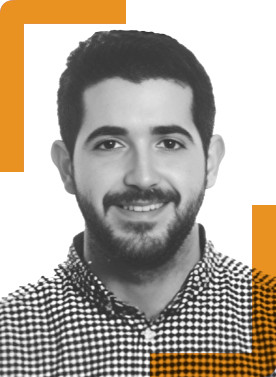
Julián Fuentes (DC2)
Currently, as a part of the TheraTools project, his research is focused on human protein-based nanogels for the biomimetic delivery of anticancer antibodies. The project aims to develop therapeutic drugs capable of crossing the Blood-Brain Barrier (BBB) and targeting glioblastoma cells.
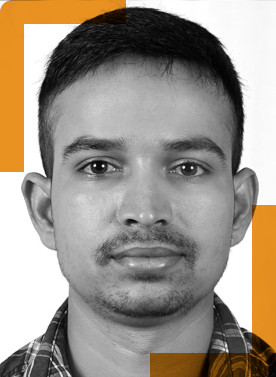
Dhiraj Mishra (DC3)
Dhiraj Mishra holds a master’s degree in Polymer Science from Savitribai Phule Pune University (formerly University of Pune), India. Motivated by a strong interest in cancer research, he joined CSIR-National Chemical Laboratory after completing his master’s degree. During his time there, he focused on the development of “Eugenol encapsulated polymeric nanocarrier complexed with ephb4 gene silencing DNA for colon cancer treatment.”
As part of the Theratools project, his current research is centered on “Novel peptide shuttle-modified drug nanocarriers for active targeting of anticancer antibodies (cetuximab) to glioblastoma cancer cells.”
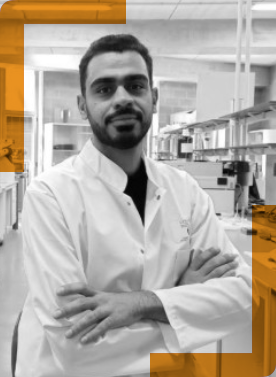
Amirreza Mansoori-Kermani (DC4)
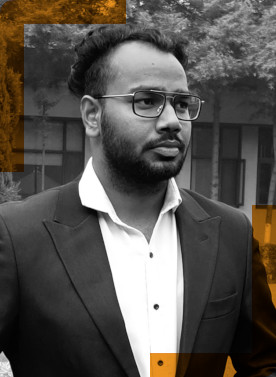
Harischandra Potthuri (DC5)
Harischandra Potthuri pursued his Master’s degree at the National Institute of Pharmaceutical Education and Research-Hajipur (India), specializing in MS Pharm Biotechnology.
Recognizing the critical challenge of anti-bacterial drug resistance facing humanity, his strong commitment to advancing research in this field guided his master’s thesis, titled “Evaluation of Ampicillin-Kanamycin Cocktail Synthesized with Carbon Quantum Dots for Enhanced Anti-bacterial Activity in Sensitive and Resistant Strains.”
As a member of the Theratools network, he is dedicated to furthering his research in the development of “Sono-responsive shuttle peptide-modified polymer/ceramic nanoparticles and their validation in 3D-bioprinted heterocellular tumor models.”
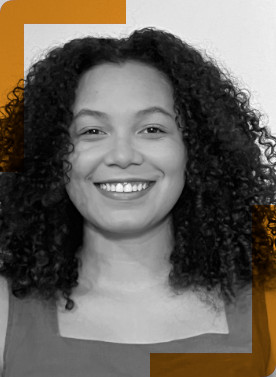
Beatriz Passos (DC6)
Beatriz Passos obtained a Master’s degree from the Oswaldo Cruz Foundation (Brazil) in Cellular and Molecular Biology. Throughout her academic career, she dedicated herself to comprehending the action mechanism of mesenchymal stromal cells towards blood-brain barrier dysfunctions. Specifically, her master thesis centered around experimental cerebral malaria and the interaction between mesenchymal stromal cells and endothelial cells after heme and hemozoin stimulus.
Within TheraTools project, she aims to pursue her research on personalized in vitro models of the blood-brain barrier.
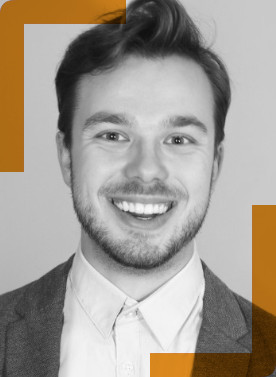
Kamil Ziaja (DC7)
Kamil Ziaja obtained a Master’s degree in Pharmacy from the Warsaw Medical University. He conducted his master’s thesis at the Department of Toxicology, and his dissertation focused on the cytotoxicity of interactive metal-graphene nanomaterials with oxidative stress products. His scientific interests encompass the search for new predictive in vitro models enabling rapid testing of novel therapies. Within the TheraTools project, he has the opportunity to further develop his interests in this area, working on project number 7 – “Self-assembled sensorized 3D models of the blood-brain tumor barrier.
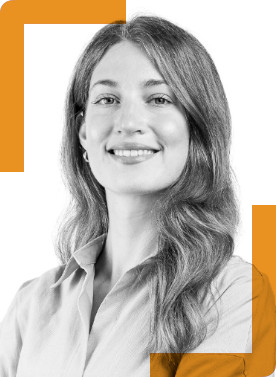
Maria Alexaki (DC8)
She focused her master’s thesis on developing protocols for the expansion of esophageal and intestinal organoids at the Biomedical Research Foundation of the Academy of Athens (BRFAA). These organoids could then be plated onto muscle tissue from the esophagus or intestine, facilitating tissue regeneration locally after radiofrequency ablation or IR, respectively.
Within TheraTools project, she aims to pursue her research on project 8 titled “BBB model based on perfusable flexible tubes to tailor the biophysical and chemical environment for drug delivery”.
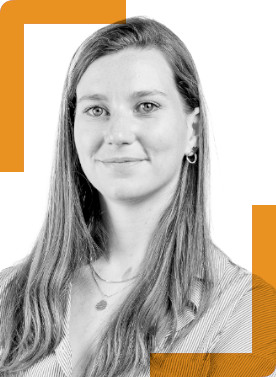
Irene Bertolo (DC9)
Irene Bertolo obtained a Master’s degree from the Polytechnic of Turin (Italy) in Biomedical Engineering. With the aim of widening her expertise, she carried out her Master’s thesis in the Pharmaceutical Technology field at the University Ludwig Maximilians in Munich (Germany). The project was focused on the optimization of injectable hydrogel formulations for the delivery of nucleic acids.
Within TheraTools project, she aims to pursue her research on developing three-dimensional in vitro models of complex cancer environments employing the newest technologies, such as 3D bioprinting.
Supervisory team
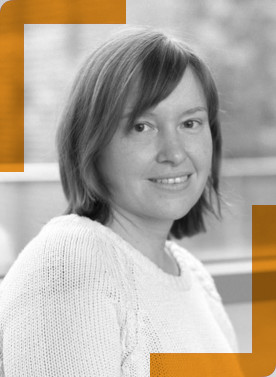
Ana Beloqui Elizazu (UPV/EHU-POLYMAT)
Dr. Beloqui is the coordinator of the action and co-supervises the work of the DC2 and DC3.
Dr. Beloqui is PI at the University of the Basque Country (UPV/EHU) – POLYMAT, leading the PolyZymes research group. She is focused on the development of chemical tools to provide biomacromolecules, mainly proteins, with improved features to be applied as smart biomaterials in the fields of catalysis, biomedicine, and sensing.
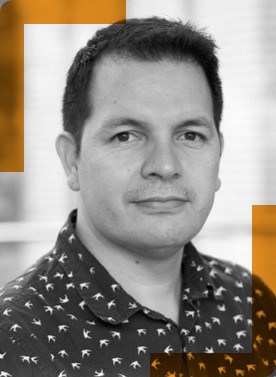
Marcelo Calderón
Dr. Calderón is an Ikerbasque Research Professor with interests devoted to the development of responsive polymers as smart drug delivery systems. His group explores chemical design to include sensitive modalities within polymeric carriers that react to physiological abnormalities of diseased tissues.
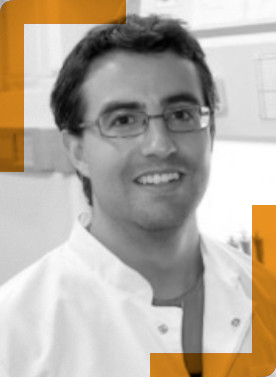
Aitor Larrañaga
Dr. Larrañaga supervises the work of the DC4 and DC6.
Dr. Aitor Larrañaga is Associate Professor at the University of the Basque Country (UPV/EHU) and co-principal investigator of the Group in Science and Engineering of Polymeric Biomaterials (ZIBIO-Polymat). His work is focused on the fabrication of multifunctional polymer capsules via the layer-by-layer approach for therapeutic applications.
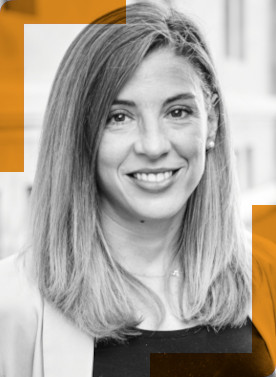
Sandra Camarero
Dr. Camarero supervises the work of the DC9.
Dr. Camarero-Espinosa is PI at POLYMAT leading the BioSmarTE line. Her research is focused on 3 main pillars; the regeneration of complex tissues with the use of smart materials and biofabrication techniques, particularly 3D printing; the generation of cellular models to study healthy and diseases tissues and immunoregeneration strategies.
Alejandro Sosnik
Prof. Sosnik is the leader of the WP2, “Self-assembled polymeric and polymer/ceramic drug nanocarriers for targeting and therapy of solid tumors”. He co-supervises de work of DC1, DC3, and DC5.
Prof. Sosnik received a Pharmacy degree from the University of Buenos Aires (1994) and Ph.D. from the The Hebrew University of Jerusalem (2003). In 2014, he was appointed Associate Professor at the Department of Materials Science and Engineering of Technion-Israel Institute of Technology and promoted to Full Professor in 2020. Prof. Sosnik taught and teaches undergrad and graduate courses on pharmaceutical and biomaterials sciences and engineering and drug delivery at the University of Buenos Aires, University of Santiago de Compostela, National University of Colombia, National Autonomous University of Mexico and Technion.
Aliya Sharipova
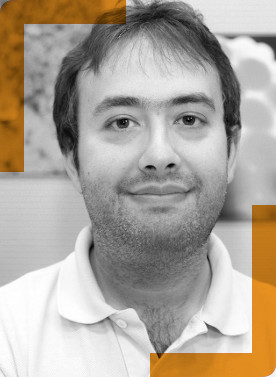
Gianni Ciofani
Prof. Ciofani is the leader of the WP3, “2.5D modeling of biological barriers and of interfaces with tumor compartments in dynamic microfluidic bioreactors ”. He co-supervises de work of DC4, DC6, DC7 and DC8.
Gianni Ciofani, Ph.D., is Research Director at the Italian Institute of Technology, where he is Principal Investigator of the Smart Bio-Interfaces Research Line and Coordinator of the Center for Materials Interfaces (Pontedera, Italy). His main research interests are in the field of smart nanomaterials for nanomedicine, bio/non-bio interactions, and biology in altered gravity conditions.
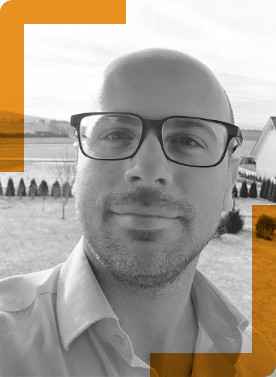
Attilio Marino
Dr. Marino co-supervises de work of DC7 and DC8.
Attilio Marino is a Postdoctoral Researcher at the Istituto Italiano di Tecnologia (IIT) in the Smart Bio-Interfaces research group, Pontedera, Italy. His main research interests are in the fields of active nanomaterials for biomedical applications and biomimetic systems for tissue engineering, such as the real scale in vitro models of the brain microcapillaries.
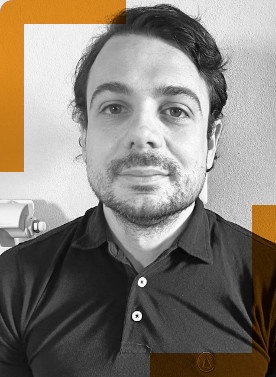
Matteo Battaglini
Dr. Battaglini co-supervises de work of DC4 and DC6.
Matteo Battaglini received his bachelor’s degree in biotechnology and then his master’s degree in industrial and molecular Biotechnology. In May 2020 he received his doctorate degree in Biorobotics (Scuola Superiore Sant’Anna, SSSA) at the Italian Institute of Technology (IIT), Center for Micro-BioRobotics @SSSA with the project: “Smart nanomaterials for the treatment of central nervous system diseases”. Matteo is currently a postdoctoral researcher at the IIT Center for Materials Interfaces in the Smart Bio-Interfaces group led by Professor Gianni Ciofani and his main research interests include the synthesis, characterization, and testing of smart nanomaterials for biomedical applications and the development of innovative in vitro models of biological structures.
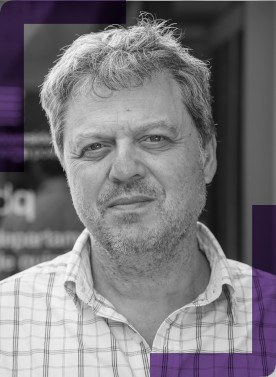
Joao Mano
Prof. Mano is the leader of the WP4, “In vitro 3D models of the BBB inside glioblastoma tumor environments.
João F. Mano is a Full Professor at the Chemistry Department of University of Aveiro, Portugal, where he is directing the COMPASS Research Group, from the Associated Laboratory CICECO. The COMPASS Research group, headed by Prof. João Mano, one of the most active national/international CICECO´s groups, uses biomaterials, nano/micro-technologies and cells for advanced regenerative medicine strategies. His research interests include the use of advanced biomaterials and cells towards the progress of transdisciplinary concepts to be employed in regenerative and personalised medicine.
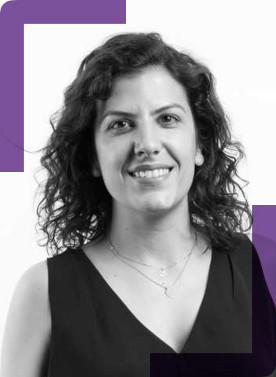
Catarina Custódio
Dr. Custódio co-supervises de work of DC2.
Catarina Custódio holds a BSc degree in Applied Chemistry from Faculty of Science and Technology of New University of Lisbon and a Doctoral Degree in Tissue Engineering, Regenerative Medicine and Stem Cells from University of Minho in a collaboration with the Max Planck Institute for Polymer Research in Germany (2013). Currently, she is an Assistant Researcher (CEEC) and Principal Investigator of a national R&D project at CICECO-Aveiro Institute of Materials, University of Aveiro. Her main scientific interests are on novel biomaterials for Tissue Engineering and Regenerative Medicine.
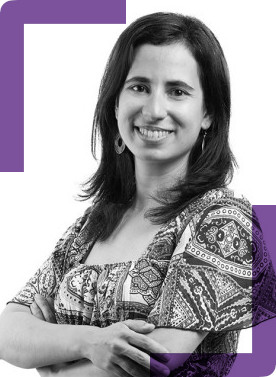
Mariana Oliveira
Dr. Oliveira co-supervises de work of DC7 and DC8.
Mariana B. Oliveira is a Junior Researcher at the COMPASS Research Group, part of CICECO – Aveiro Institute of Materials of the University of Aveiro, Portugal. She has focused her research on the development of biomaterials for the modulation of cellular response.
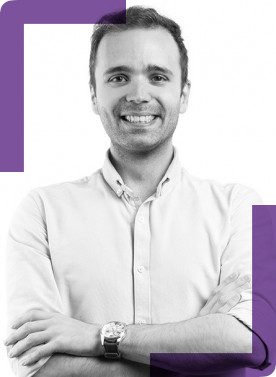
Vítor Gaspar
Dr. Gaspar co-supervises de work of DC5 and DC9.
Vítor Gaspar holds and MSc in Biomedical Sciences and PhD in Biochemistry During his PhD he was a visiting researcher at CNRS-CBM Centre de Biophysique Moléculaire, University of Orleans (France). Currently, he is a Junior Researcher at the University of Aveiro, CICECO – Institute of Materials and a Principal Investigator of a National FCT Project focusing on the development of 3D in vitro tumour models for drug screening. His research interests include the precision chemical modification of natural origin biomaterials to formulate nano-to-macro scale materials that aim to be applied in drug delivery, tissue engineering and for engineering physiomimetic 3D in vitro disease models to screen advanced therapeutics including nanomedicines.
Beneficiaries
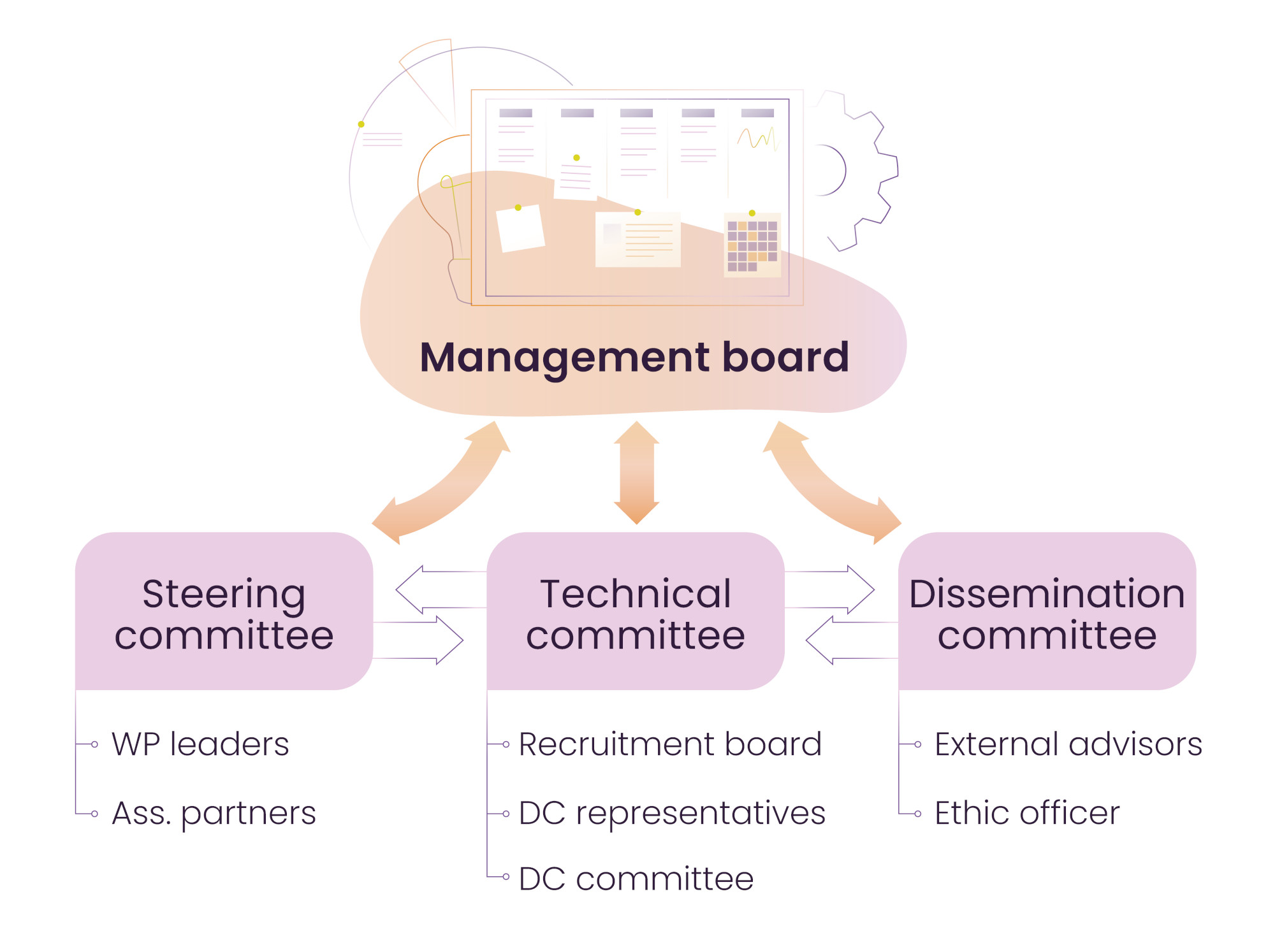
TheraTools has a joint governing structure that is in charge of the evaluation of the co-supervision of the DCs and facilitates the administrative pathway towards the award of double doctorate degrees.
The consortium is organized in distinct boards: the management board will be constituted by the network coordinator (lead by POLYMAT), scientific coordinator (TRDF, Chair of the Steering Committee), technical coordinator (UAVR) and the dissemination coordinator (IIT).
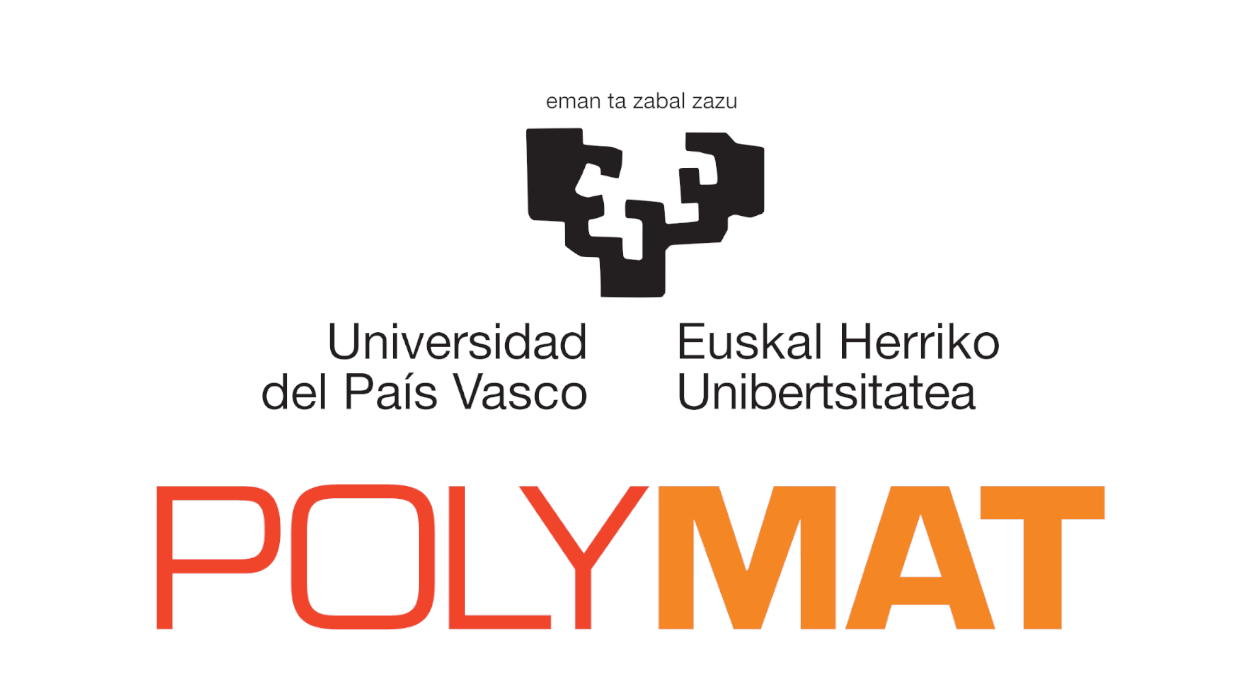
Country University – POLYMAT of the Basque
Tasks: UPV/EHU – POLYMAT is the coordinator of TheraTools and, as such, is responsible of the management and in charge of trouble-shooting should any difficulties arise either with the project plan, with financial allocations or in time-keeping. In addition, UPV/EHU – POLYMAT leads the Management Board and the WP1 of the research programme.
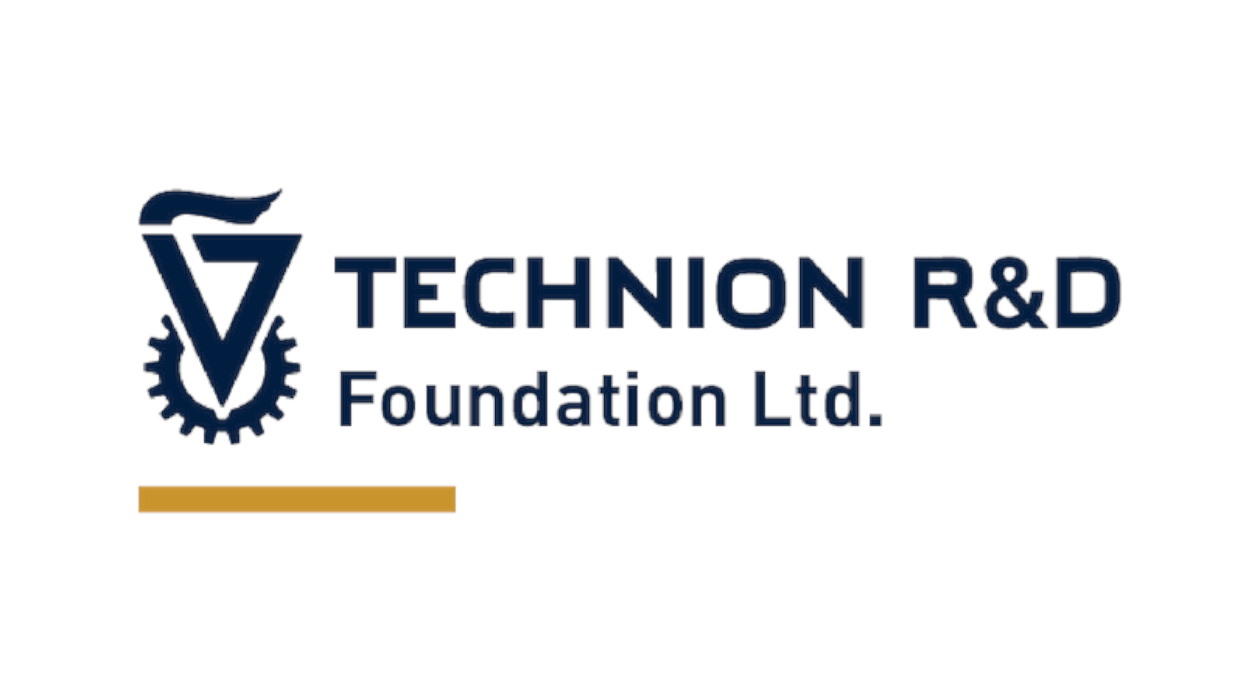
Technion Research and Development Foundation Ltd.
Tasks: TECHNION leads the Steering Committee, composed by the leaders of each of the WPs. They have the ultimate responsibility for ensuring the project’s research objectives are pursued as planned. In addition, TECHNION leads the WP2 of TheraTools.
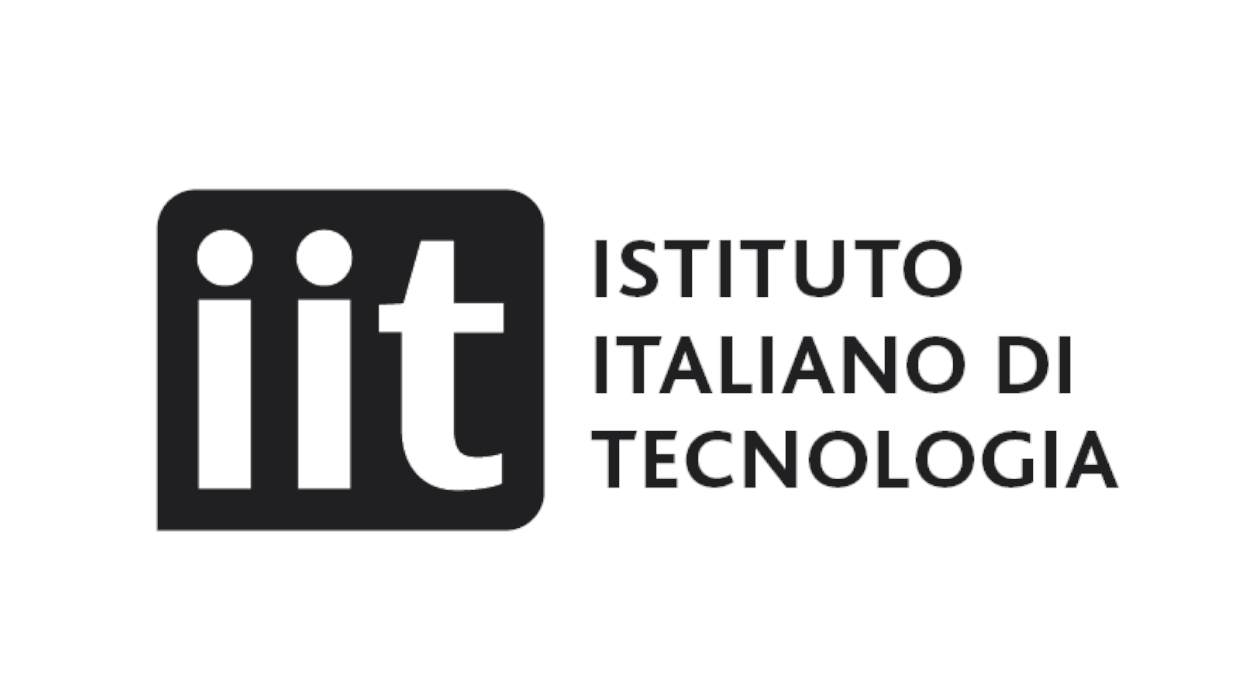
Fondazione Istituto Italiano di Tecnologia
Tasks: IIT leads the WP 3 of TheraTools. Moreover, they are in charge of the dissemination Committee that will monitor the Data Management Plan, Dissemination Plan (including public outreach activities).
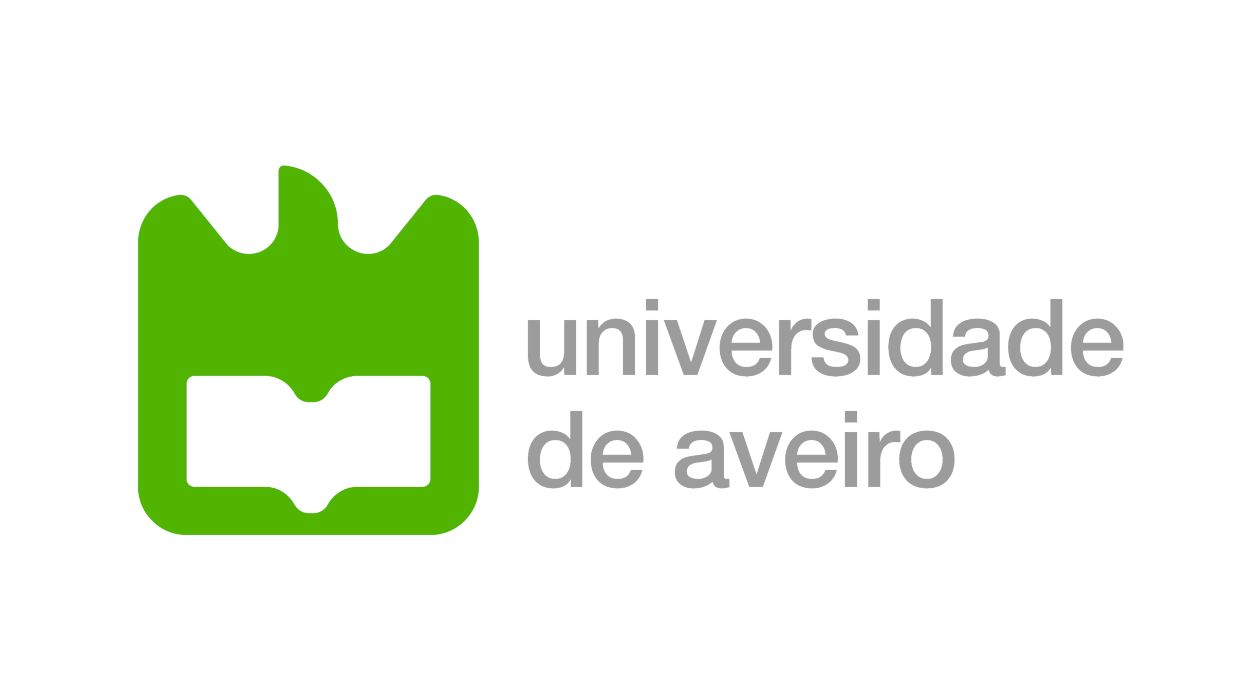
University of Aveiro
Tasks: UAVR leads the WP4 and the Technical Committee of TheraTools. The technical board is the main body for the organization of network-wide training networks, training of transferable skills, and for the implementation and evaluation of personalized career development plans for each DC.
Associated Partners
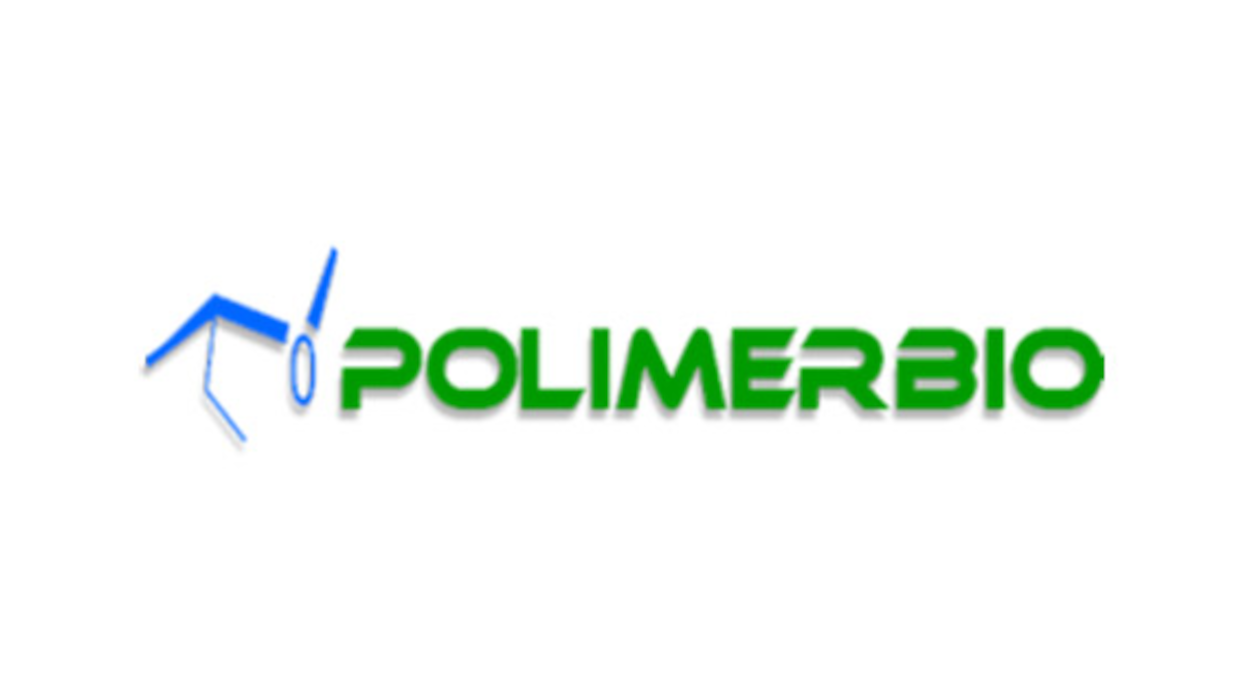

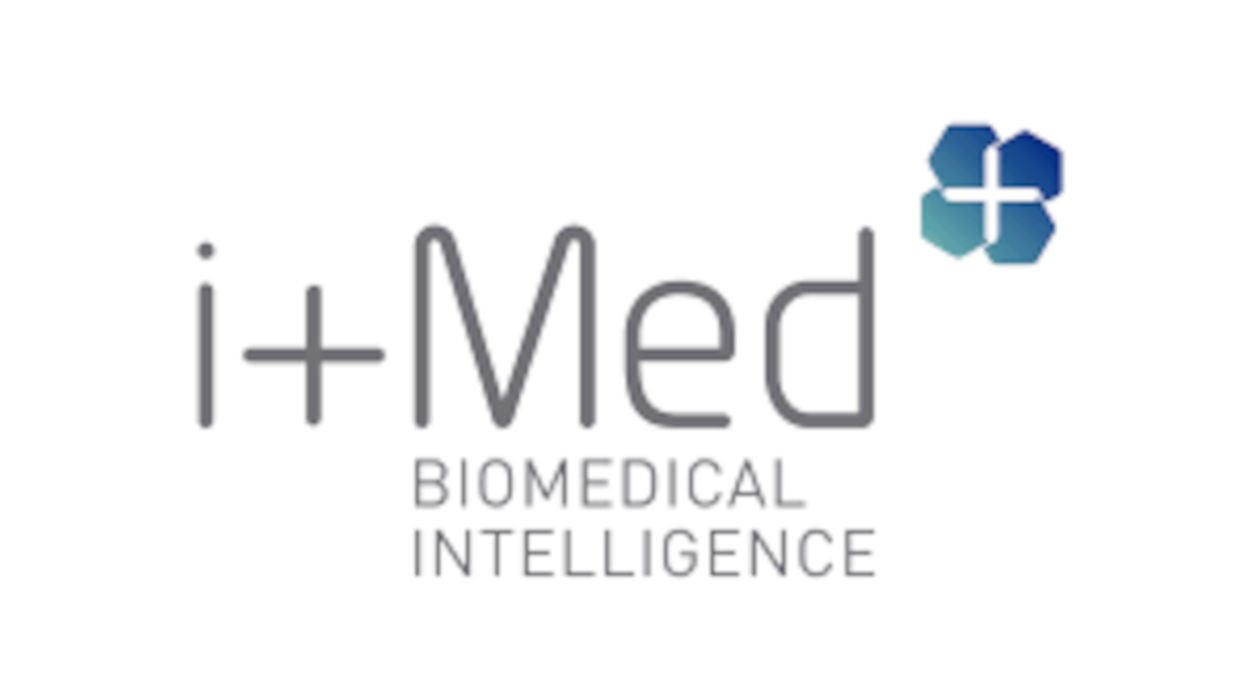
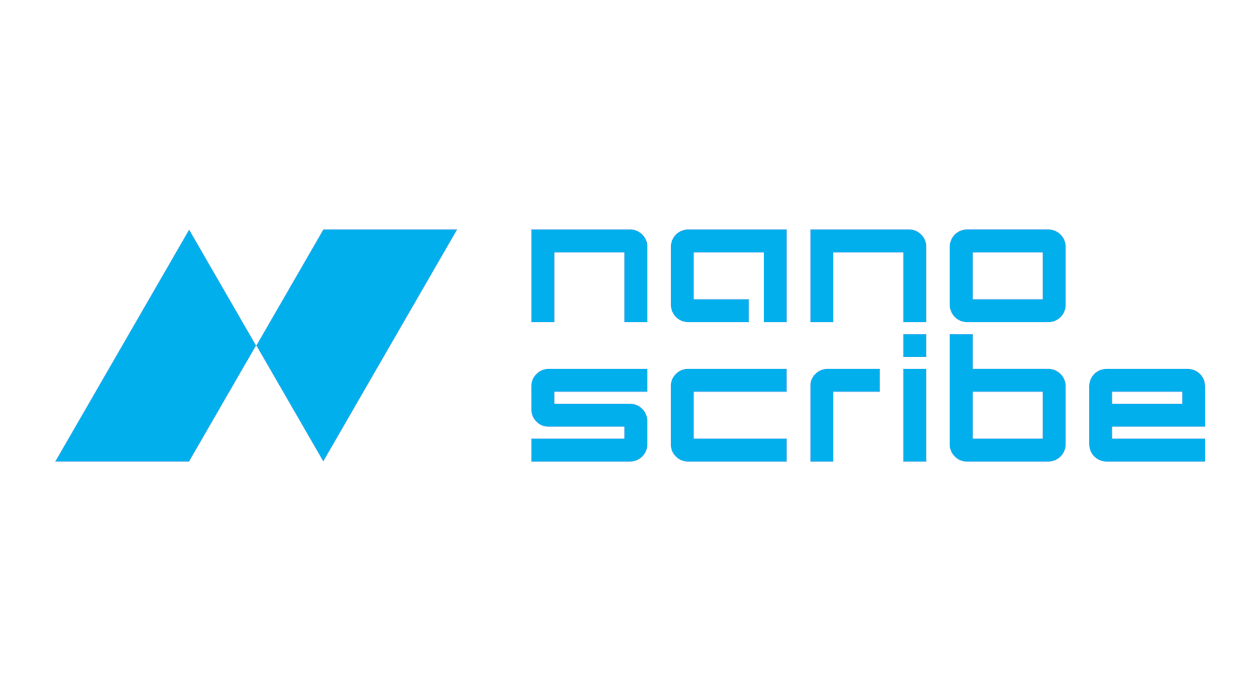
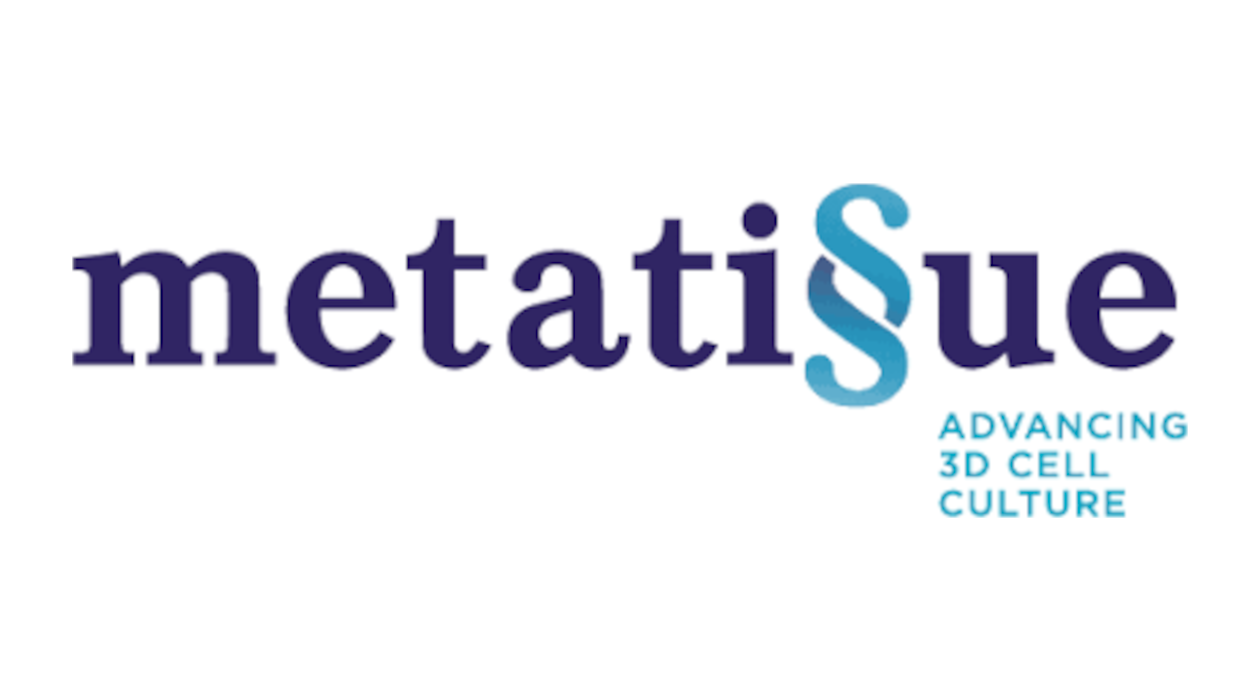
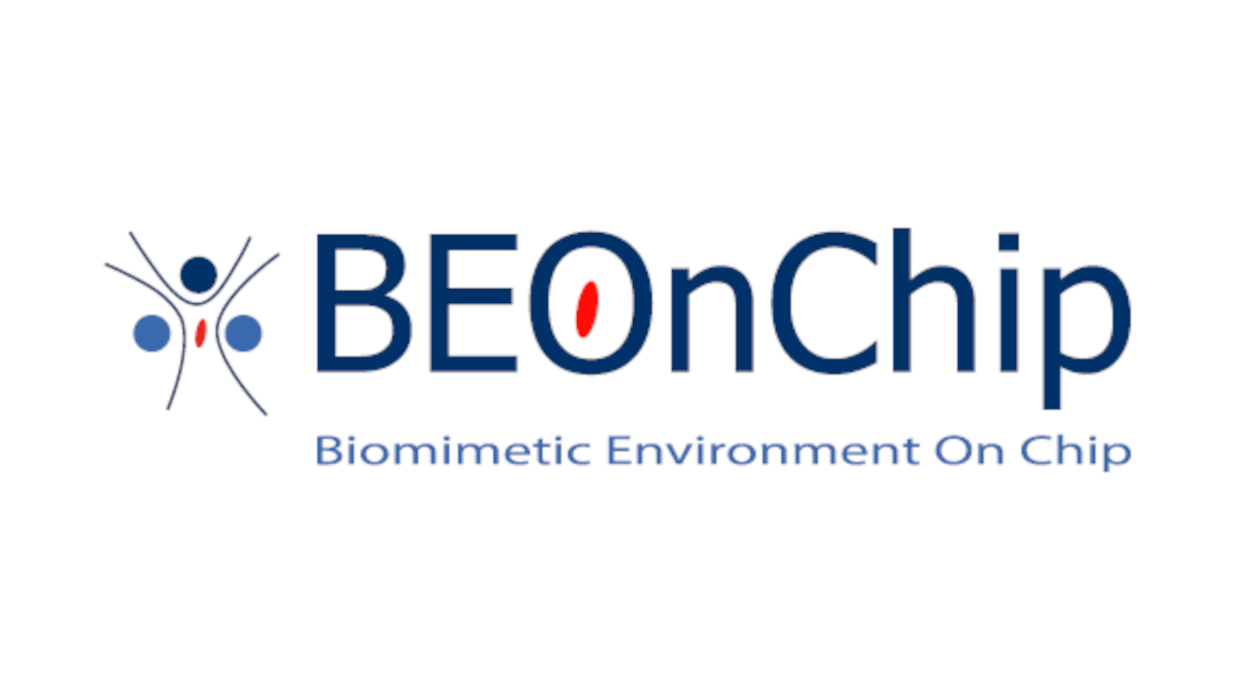
Associated Partners Linked to a beneficiary
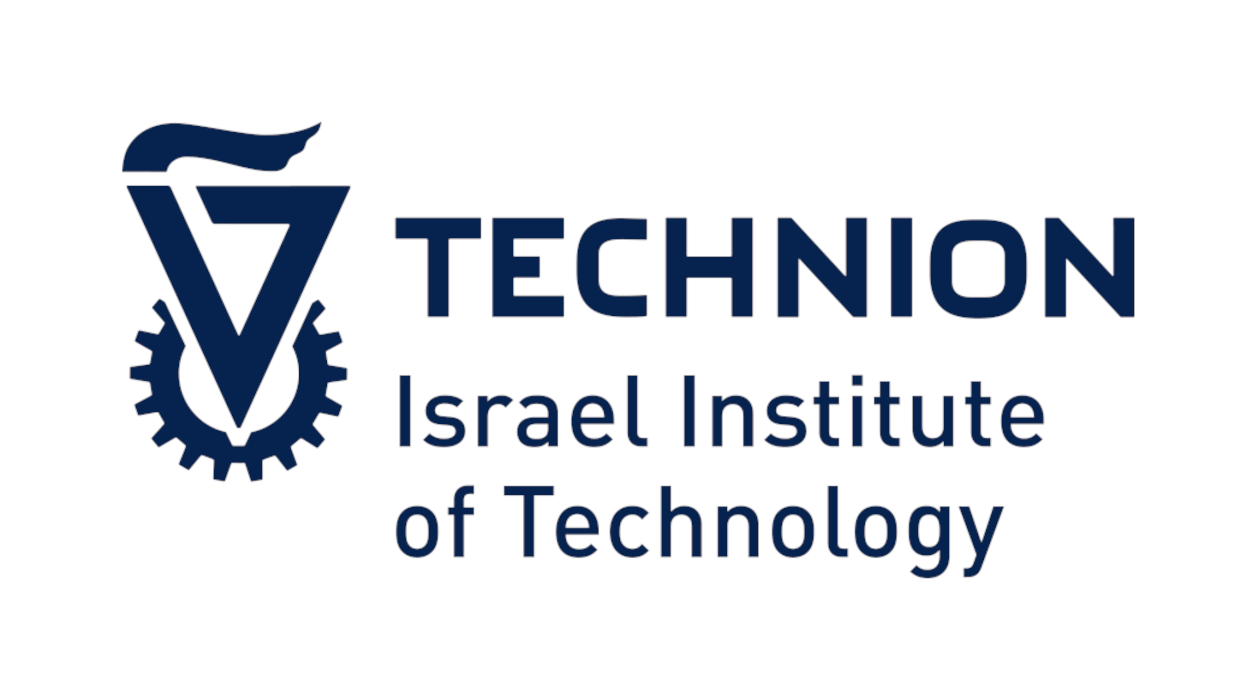
The Technion – Israel Institute of Technology
The Technion – Israel Institute of Technology is a public research university in Haifa, Israel, that is linked to Technion Research and Development Ltd.
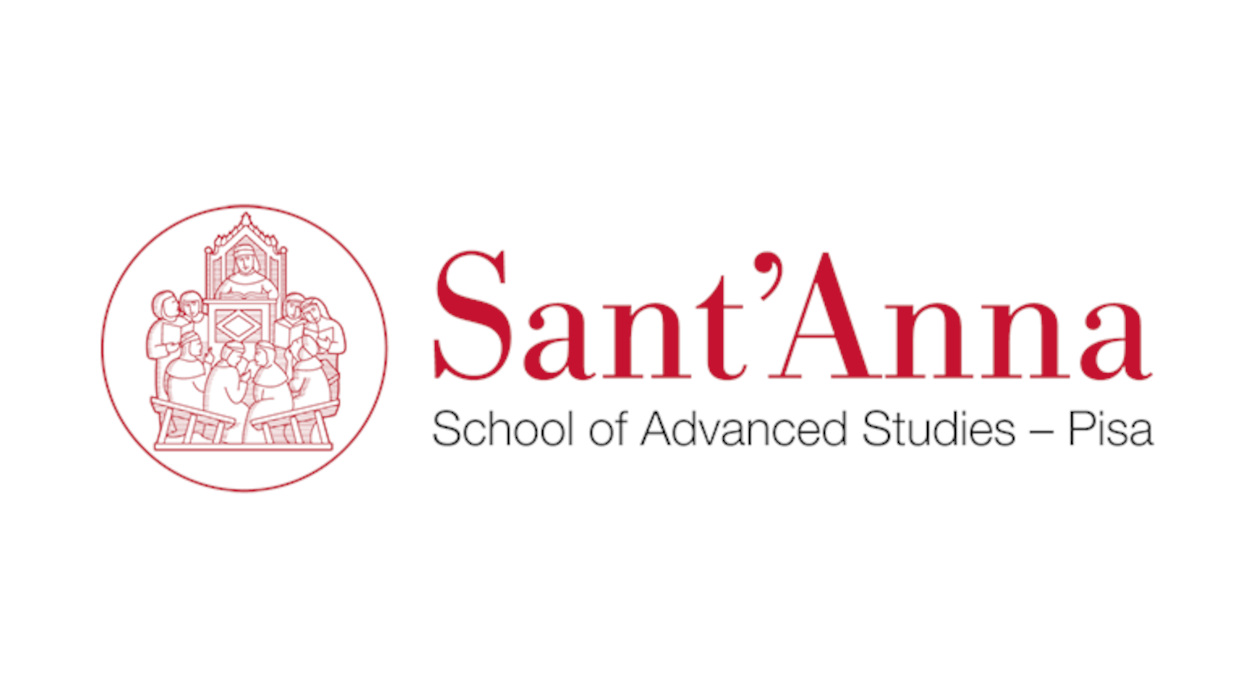
Sant’Anna School of Advanced Studies (SSSA)
Sant’Anna School of Advanced Studies (SSSA) is a public university institute of Pisa (Italy) that is linked to the Italian Institute of Technolog.
